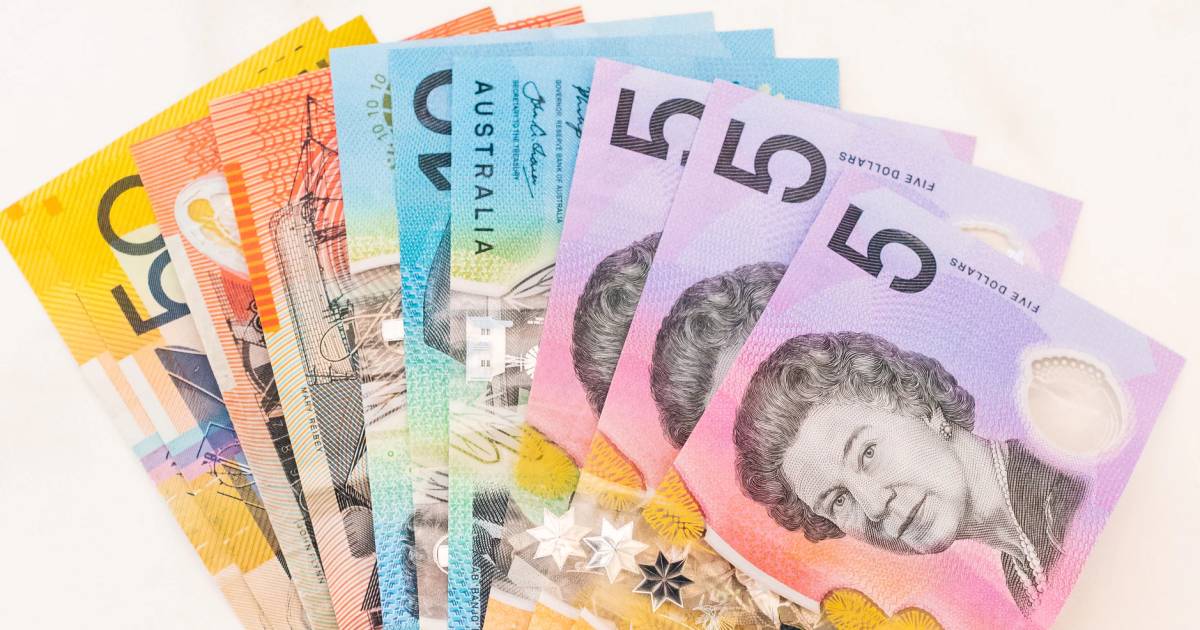
Victoria’s Essential Services Commission is encouraging households to contact their electricity retailer to ensure they are getting the best deal.
A new report from the Commission indicates that as at March this year, 850,000 electricity accounts could have been on cheaper plans if customers simply contacted their retailer and ask to be switched over to their ‘best offer’.
Hesitation to pick up the phone and make the call is continuing to occur even though electricity retailers are required to put a ‘best offer’ message on customer bills at least three times a year to flag money can be saved by switching to a different contract.
In a bit of good news, Victorian ESC Executive Director Energy Sarah Sheppard says electricity prices have fallen over the past year.
“Compared to 12 months ago residential electricity offers are down 11 per cent and small businesses’ electricity offers are 14 per cent lower,” stated Ms. Sheppard.
Even Lower (Or Zero) Electricity Bills With Solar
On a related note, saving a couple of hundred bucks a year on electricity through spending a bit of time changing plans is time well spent. But Victorians can save even more by installing solar panels.
While the Victorian solar panel rebate is set to reduce by $450 from tomorrow, households will still be able to get up to $1,400 off a system – and that’s in addition to the national solar subsidy that can knock thousands off the up-front price of a solar power installation. Victoria’s Solar Homes scheme also offers an interest-free loan up to the approved state subsidy value.
However, even solar owners should be careful in which electricity retailer they choose and compare electricity plans to ensure they are getting the best deal possible – not only on feed-in tariffs, but also consumption and daily charges. High feed-in tariffs don’t necessarily translate to the best overall deal.
While on the topic of feed-in tariffs; back in February this year the ESC published a final decision requiring electricity retailers to notify their solar customers of changes to feed-in-tariff rates at least five business days before the changes take effect.
Penalties, Disconnections And Payment Plan Debt
Going back to the report, the ESC says it has been continuing to hold Victorian energy retailers to account, issuing more than one million dollars’ worth of penalty notices between January and March. Alinta Energy copped a $1.125 million penalty for allegedly placing conditions on customers before providing them with help to pay their energy bills – a situation that resulted in at least three customers expressing suicidal thoughts.
Since March, another $940,000 in penalties has been paid by two other electricity retailers for different issues.
In terms of disconnections for non-payment, instances are closing in on pre-pandemic levels after being on hold for much of last year. 2,034 residential electricity and 272 residential gas customers were disconnected for non-payment in March this year.
Debt associated with payment plans is also building.
“The average debt for customers on payment plans is at its highest level since the beginning of 2019 and has grown 14 per cent ($979 to $1,119) over that time,” said Ms. Sheppard.
The full Victorian Energy Market Update: June 2021 report can be accessed here.

 RSS - Posts
RSS - Posts



The OCD in me just shudders at the arrangement of those notes!